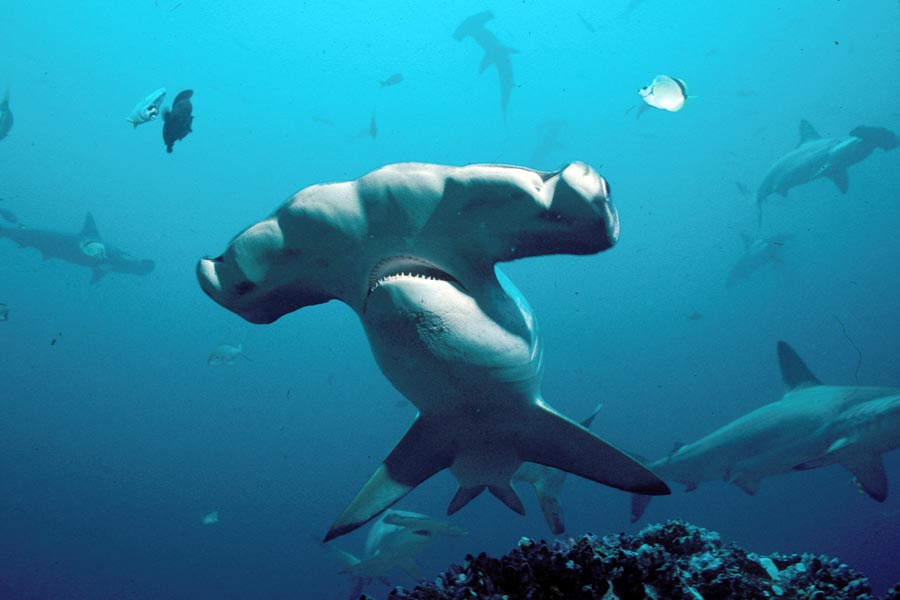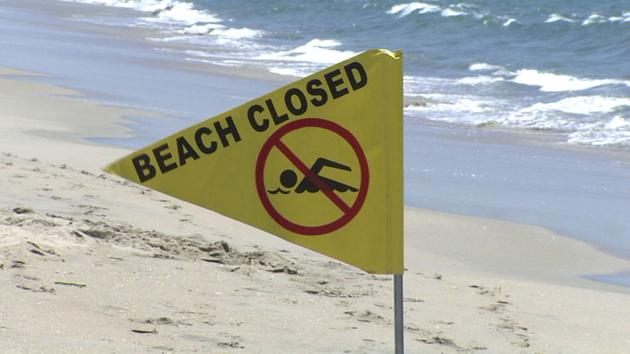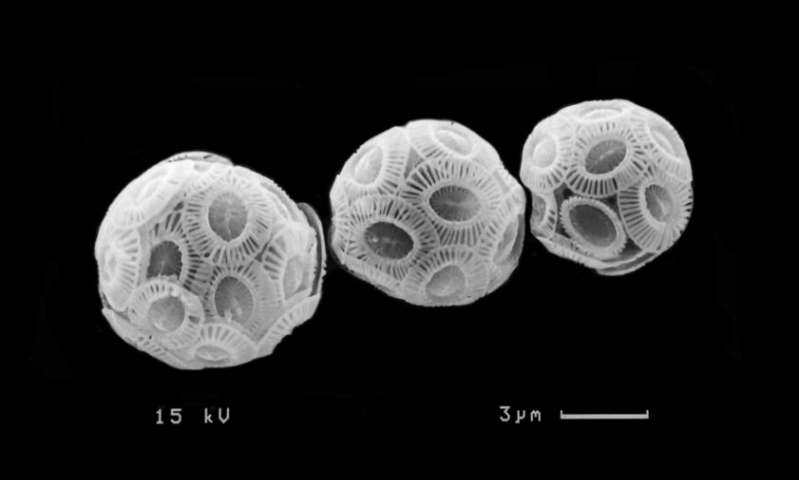Last week, 1.5 million gallons of sewage spewed from a 90 year old pipe that burst in Los Angeles. The cause of the rupture is not known yet and officials estimate that around 100,000 gallons spilled into the Los Angeles river. The spill occurred on Monday, July 18th but additional ruptures occurred during the repair. Officials have taken samples of the ocean water to see how extensive the damage is and how far the sewage traveled before the containment. Read more…
According to an updated article, a total of 2.4 million gallons of raw sewage spilled into the streets and into storm drains that feed into the river. Although the initial test results of the waters off of Long Beach and Seal Beach look safe, officials have kept the beach closed. The first samples show no excessive levels of bacteria.
The San Francisco federal court ruled that the US Navy violated the Marine Mammal Protection Act. Although the low frequency active sonar system was approved by the National Marine Fisheries Service, it was concluded that the fisheries service ” did not give adequate protection to areas of the world’s oceans flagged by its own experts as biologically important”. The naval sonar systems can reach 235 decibels and can travel for hundreds of miles under water. It is difficult to prove but, some scientists believe that sonar has changed the behavior of whales. Read more…
 Last week, we reported on the shark conservation activity that the WWF is undergoing by purchasing a fishing license. This week an article was released about a catch quota on endangered sharks. The Queensland government is allowing commercial fishers on the Great Barrier Reef to catch 600 tonnes of sharks and rays every year. Although Australia signed the international treaty in 2014 protecting scalloped and great hammerhead sharks, they decided to opt out of the protection and allow the fishing. There is some heavy negotiation on the sustainable yield of the species and which data can be reviewed to determine that value. Read more…
Last week, we reported on the shark conservation activity that the WWF is undergoing by purchasing a fishing license. This week an article was released about a catch quota on endangered sharks. The Queensland government is allowing commercial fishers on the Great Barrier Reef to catch 600 tonnes of sharks and rays every year. Although Australia signed the international treaty in 2014 protecting scalloped and great hammerhead sharks, they decided to opt out of the protection and allow the fishing. There is some heavy negotiation on the sustainable yield of the species and which data can be reviewed to determine that value. Read more…
Photo by Avi Klapfer
An article published in the journal Science Advances reveals that a single cell of alga will divide considerable faster when adapted to high carbon dioxide levels than when non-adjusted to the lab modeled ocean acidification condition. After one year, the growth rates relative to the control cultures did increase slightly but appears to level off. According to Dr. Lothar Scouter, the author of the study, “apparently the adaptation has its limits, and the negative impact on the growth rate can not be compensated completely by evolution”. Read more…
Sea Save Foundation is committed to raising awareness of marine conservation. The Week in Review is a team effort produced by the Sea Save staff to provide a weekly summary of the latest in marine research, policy, and news.







